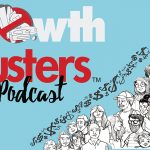
Wild Hope – Nature Rocks! (Podcast Episode #24)
When you’ve had a tough day and need some comfort, do you go for a long hike and commune with nature, or do you get on Amazon? What gives us joy, yet what do we strive to achieve? Are we in dominion over nature, or are we part of nature? Suez Jacobson (believe it or not, an economics professor) shares why she produced the film Wild Hope, which premieres February 23, 2019 at the Colorado Environmental Film Festival.
The film includes Naomi Klein, Bill McKibben, George Monbiot and several other luminaries, including Patagonia CEO Rose Marcario.
Host Dave Gardner also engages Jacobson in a fascinating conversation about the shortcomings of college-level economics education. She also shares how she has begun teaching economics.
“The more clearly we can focus on the wonders and realities of the universe around us, the less taste we will have for its destruction.”
– Rachel Carson
LINKS:
Wild Hope Premiere: The Colorado Environmental Film Festival (CEFF), Golden, CO, February 23
Great Old Broads for Wilderness
Reimagining Economics 101 – paper by Suez Jacobson
The Greenpeace PolluterWatch Charles Koch University Funding Database
Economists and educators mentioned by Jacobson who are doing excellent work:
Kate Raworth – Doughnut Economics
Braiding Sweetgrass by Robin Kimmerer
TEDx talk by Robin Wall Kimmerer
Subscribe (free) so you don’t miss an episode:
Tags: economic growth, economy, environmentalism, Nature, sustainability
Trackback from your site.
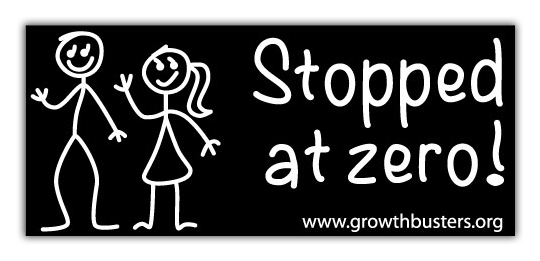
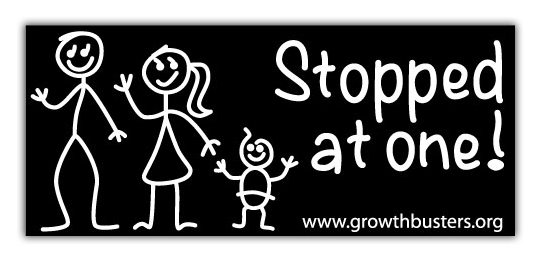
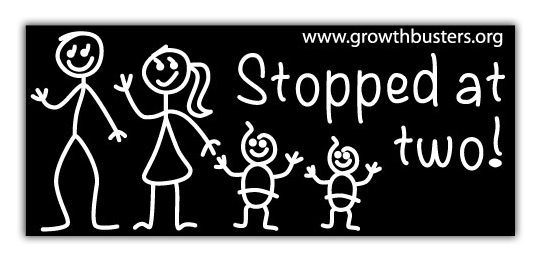
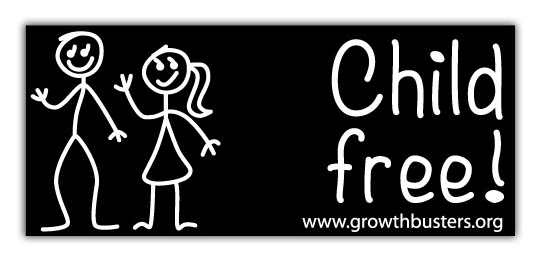




jo saunders
| #
is there a volume button on your podcast
Reply
Dave Gardner
| #
I don’t think the player has a volume adjustment. But your computer, notebook, smart phone or ipod – whatever you’re listening on – has a volume control. Are you needing to turn it up or turn it down?
Reply
Jeff W.
| #
Interesting interview. I found myself thinking about how baked in this classical growth economic paradigm is. Growth has of course given us consumerism but ultimately it has also produced 7.7 billion of us. We can try to implement an alternative, steady-state, negative growth, circular systems, etc. but if we don’t also do a massive wealth redistribution to all these essentially excess humans that we don’t want to be engaged at growing the economy anymore but nonetheless still want to eat then the whole attempt fails. I’ve yet to read a suggestion to this dilemma that I seemed plausible ; perhaps Jacobson has some ideas on this?
Reply
Suez Jacobson
| #
There are no magic wands. Too many people and some of us living shockingly unsustainable lifestyles. I don’t think anyone is advising less for people who already have little – why there’s a need for redistribution. It’s time for the wealthy world to work on seeing a “good life” as what we know is also a “happy” life – one not driven by accumulation and conspicuous consumption, but connection to the natural world and each other.
Reply
Dave Gardner
| #
I think there are several moving parts to this, including eliminating debt-based currency creation, eliminating GDP growth as a public policy goal, inspiring a massive exodus from consumer culture, continuing the trend to adoption of smaller and smaller families, and – as Suez wisely points out – redefining the “good life” – I think both for the haves and the have-nots.
Reply